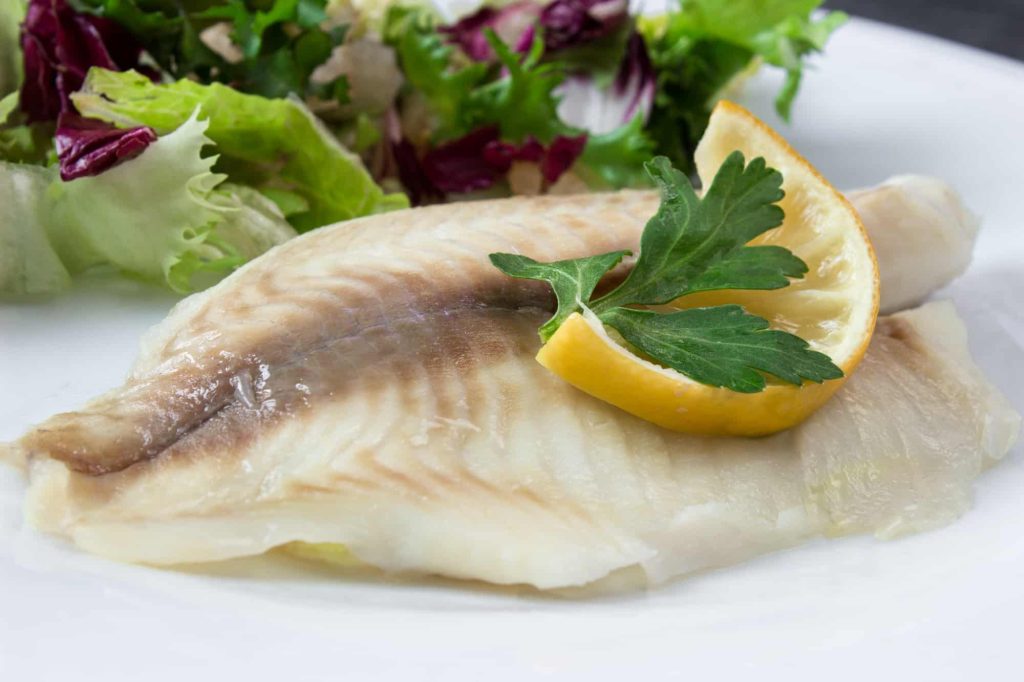Are Catfish Kosher?
Catfish is a term that refers to a diverse group of fish. Despite the variety in catfish species, all catfish have certain common characteristics – whisker-like barbels around their mouth and a lack of true scales.
Jewish dietary laws, as outlined in the Torah, dictate that a fish must have both fins and scales to be considered kosher (Leviticus 11:9). Therefore, regardless of the specific species, catfish are not kosher due to their lack of true scales.
Why aren’t Catfish Kosher?
The reason behind the kosher status of catfish can be traced back to biblical teachings and Jewish dietary laws. In order for a fish to be kosher, it must possess two specific traits: fins and scales.
According to the Talmud, fish that have scales also have fins – making them kosher. However, catfish do not meet this requirement as mentioned earlier.
The kosher dietary laws include various regulations, some of which are easier to understand and have practical reasons, while others, like the requirement of fins and scales for fish, may not have a clear rationale. These particular laws are often categorized as a “chok” – a decree beyond comprehension.
While some biblical interpretations, like Acts 10 and Mark 7, present differing opinions on the importance of maintaining these laws for a moral and spiritual lifestyle, Jewish dietary laws remain essential for many people who follow a kosher diet.
Striving to adhere to these laws, even when the exact reasoning is not apparent, demonstrates dedication and respect for one’s faith.
In summary, catfish are not considered kosher due to their lack of true scales, as required by Jewish dietary laws. This classification holds true for all catfish species, regardless of their other characteristics. Adhering to these laws serves as a reflection of one’s commitment to their faith and its teachings.
Do Catfish Have Both Fins and Scales?
Catfish belong to the order of ray-finned fishes known as Siluriformes, and they exhibit some unique characteristics. In terms of their fins, catfish have a variety of types that serve different purposes.
When it comes to scales, the situation is a bit different. Catfish do not possess the typical cycloid or ctenoid scales found in other fish species. Instead, they have a unique type of scale called an adipose, which are placoid scales, much like those found in sharks.
Placoid scales are composed of dentine, a hard tissue material that differs from the bony scales found in scaly fish species.
For those interested in Jewish/kosher dietary requirements, it is important to note that catfish do not possess both fins and traditional scales as required. The adipose scales don’t count.
In conclusion, while catfish possess various fins such as pectoral, dorsal, anal, pelvic, adipose, and caudal fins, they do not have typical fish scales. Their unique adipose (placoid) scales differentiate them from other ray-finned fish species, which may have implications for dietary considerations.
Alternatives to Catfish that are Kosher
For those who adhere to Jewish dietary laws and seek kosher alternatives to catfish, there are plenty of delicious options available. Catfish are not considered kosher because they lack ‘proper’ scales, even though they have fins. According to Kosher dietary laws, fish must have both fins and scales in order to be considered kosher.
- One popular kosher alternative to catfish is tilapia. Tilapia has a mild flavor and firm texture, making it a versatile option in various dishes. Be sure to select certified kosher tilapia as some species may not meet the kosher requirements.
- Another excellent option is cod. With its white, flaky flesh and mild taste, cod is an ideal substitution for catfish in many recipes. Cod can be baked, broiled, or fried, allowing for a wide range of preparations.
- Red snapper offers a more luxurious alternative for those seeking a kosher fish with a similar taste profile to catfish. As with tilapia, it is essential to confirm that the red snapper is indeed kosher because not all species sold under this name meet the criteria.
- Haddock is another excellent fish variety that can be used as a kosher substitute for catfish. It offers a mildly sweet taste and delicate texture, perfect for a range of dishes.
When purchasing fish, always ensure that it has both fins and scales and is listed as kosher. By choosing from these alternatives, individuals can enjoy the taste and texture of catfish while adhering to Jewish dietary laws.
If you’re a fan of tuna and are curious about whether all tuna fish species have scales and fins, please take a look at my in-depth guide that addresses this specific subject. It delves deep into the characteristics of different tuna species, shedding light on their physical attributes.








Comments are closed.